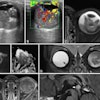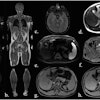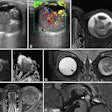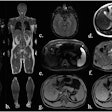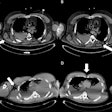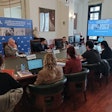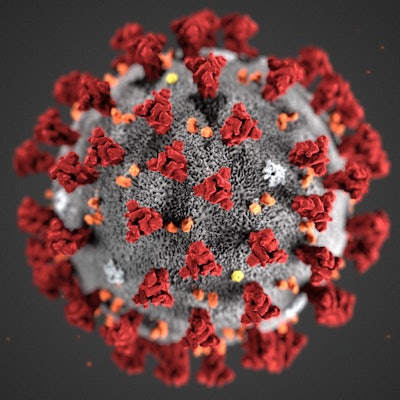
Radiologists in the north of Italy are bracing themselves for a period of disruption, as the lockdown designed to contain transmission of the novel coronavirus begins to take effect in parts of the country. We asked four senior Italian radiologists to share their views and experiences.
Italy now has more than 300 confirmed cases of the virus, which has resulted in 11 deaths. A series of measures were implemented over the weekend, and in the regions of Lombardy and Veneto, over 50,000 residents in some small towns will not be able to leave without special permission for the next two weeks. All health workers are on maximum alert, and Austria is considering border controls after refusing entry to a train arriving from Italy, according to media reports.
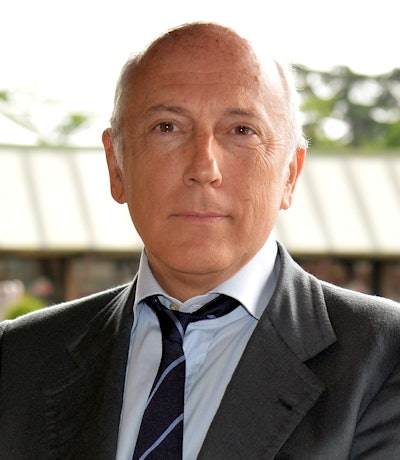 Prof. Roberto Grassi.
Prof. Roberto Grassi."If the infection were to spread massively, radiology (and especially CT) would be heavily involved in the diagnostic and follow-up phase of the disease," Prof. Roberto Grassi, president of the Italian Society of Medical and Interventional Radiology (SIRM), told AuntMinnieEurope.com. "It is highly probable that many public places, schools, universities, etc., will be closed for an observational period as a preventive measure to contain the possible spread of the epidemic."
It is impossible to foresee how these measures will affect radiologists and the whole community, but they are likely to disrupt many work and social activities. If the epidemic spreads to other municipalities and regions, it is likely that more travel restrictions will be applied, he said.
Admissions in hospitals with an emergency department are limited to urgent cases in oncology and cardiology, and all other admissions are being suspended until further notice, remarked Prof. Arturo Chiti, director of the nuclear medicine department at Humanitas Cancer Center in Milan and a past president of the European Association of Nuclear Medicine. This should make room for emergency cases of suspected novel coronavirus disease (COVID-19).
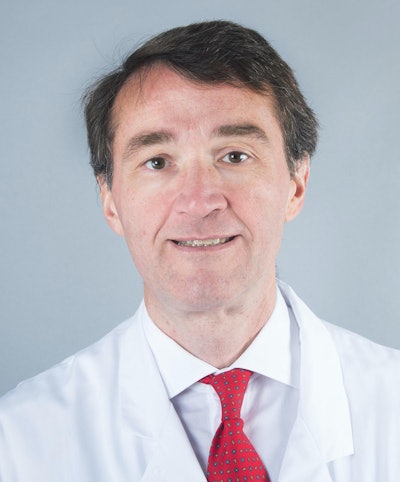 Prof. Arturo Chiti.
Prof. Arturo Chiti."Activities in universities in Lombardy and Veneto are suspended for the next week. This means that lessons, exams, and also practical activities in the hospital have to be rescheduled," he continued. "They are supposed to return to normal during the week of 2 March, but only upon authorities' confirmation. Also, schools are closed this week and therefore many colleagues, mothers and fathers, have to take care of their children until they can find an alternative solution."
The impact has been less severe in other regions, however.
"I can confirm that the virus is not having an impact on me or any of my colleagues yet," said Prof. Lorenzo Derchi, chair of emergency radiology at the University Hospital of Genoa and chair of the European Society of Radiology (ESR) Board of Directors. "The hospital is getting prepared, however; a part of the emergency department has been dedicated to patients who may come with suspected infection and infectious medicine specialists are ready to deal with them. At this moment we do not have confirmed cases in my region."
The situation is evolving rapidly, according to a radiologist from the Friuli-Venezia Giulia region in northeastern Italy who did not wish to be named.
"Since yesterday we have officially been in 'emergency status,' and have been provided with instructions and means (e.g., masks with filters) to reduce the likelihood of dissemination -- if any," he said.
Even virologists seem to be divided about the true risk posed by the novel coronavirus, he continued. Some experts, such as Prof. Maria Rita Gismondo from the University of Milan, say there is a danger of overemphasizing an influenza-like scenario, while others, such as Prof. Roberto Burioni from the Vita-Salute San Raffaele University in Milan, believe this is a serious scenario and we should adopt the most restrictive measures.
Support for government approach
Grassi said he supports the containment policy being pursued.
"The actions taken by the Italian government and the Ministry of Health are timely and obviously shareable, and the Italian health system is well structured and organized to contain the spread of the infection at the highest risk levels," he commented. "The actions taken by our government, while on the one hand appear drastic and restrictive on social life, are proportionate to the extent of the epidemic and above all aimed at preventing its spread. We therefore hope that they are effective and allow a prompt solution to the health crisis."
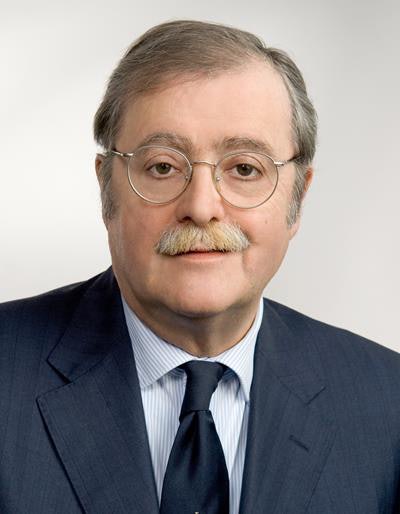 Prof. Lorenzo Derchi. Image courtesy of the ESR.
Prof. Lorenzo Derchi. Image courtesy of the ESR.Derchi said he supports the systematic efforts taken by the relevant authorities in trying to contain the spread of the virus. "I am sure that the measures they have taken are the right ones and will help to curb the spread of COVID-19," he commented.
Chiti agrees, stating succinctly that "we trust our authorities."
Italian participation in ECR 2020
The ESR updated its statement about COVID-19 on its website on 25 February. The congress begins in Vienna on 11 March.
"It is difficult to predict whether there will be an impact on the participation of Italian radiologists in the ECR," Grassi noted. "SIRM is preparing to participate in the conference with all its members, in the hope that there will be no major issues."
Derchi said he does not know of anyone who has been affected by travel restrictions, but he fears the current outbreak may negatively affect the number of attendees from Italy.
"This is an unfortunate occurrence; however, given the current situation, this is completely understandable," he said. "Radiologists in the affected areas will not travel as their focus will be firmly centered on patient care. To accommodate such cases, participants can now attend ECR remotely, thanks to the ESR Connect platform."
The Welfare Directorate of Lombardy has recommended limiting the use of public transportation and travel outside of Italy, and unless the situation stabilizes during the next two weeks, this may affect participation at ECR, according to Chiti.
"ECR participation from Italy is difficult to forecast at the moment. It is more difficult to forecast what will happen with ISMRM 2020 [International Society for Magnetic Resonance in Medicine], being in mid-April and in Australia," he said.
Italy accounted for 1,246 onsite attendees at ECR 2019 -- the largest number from any single country.
